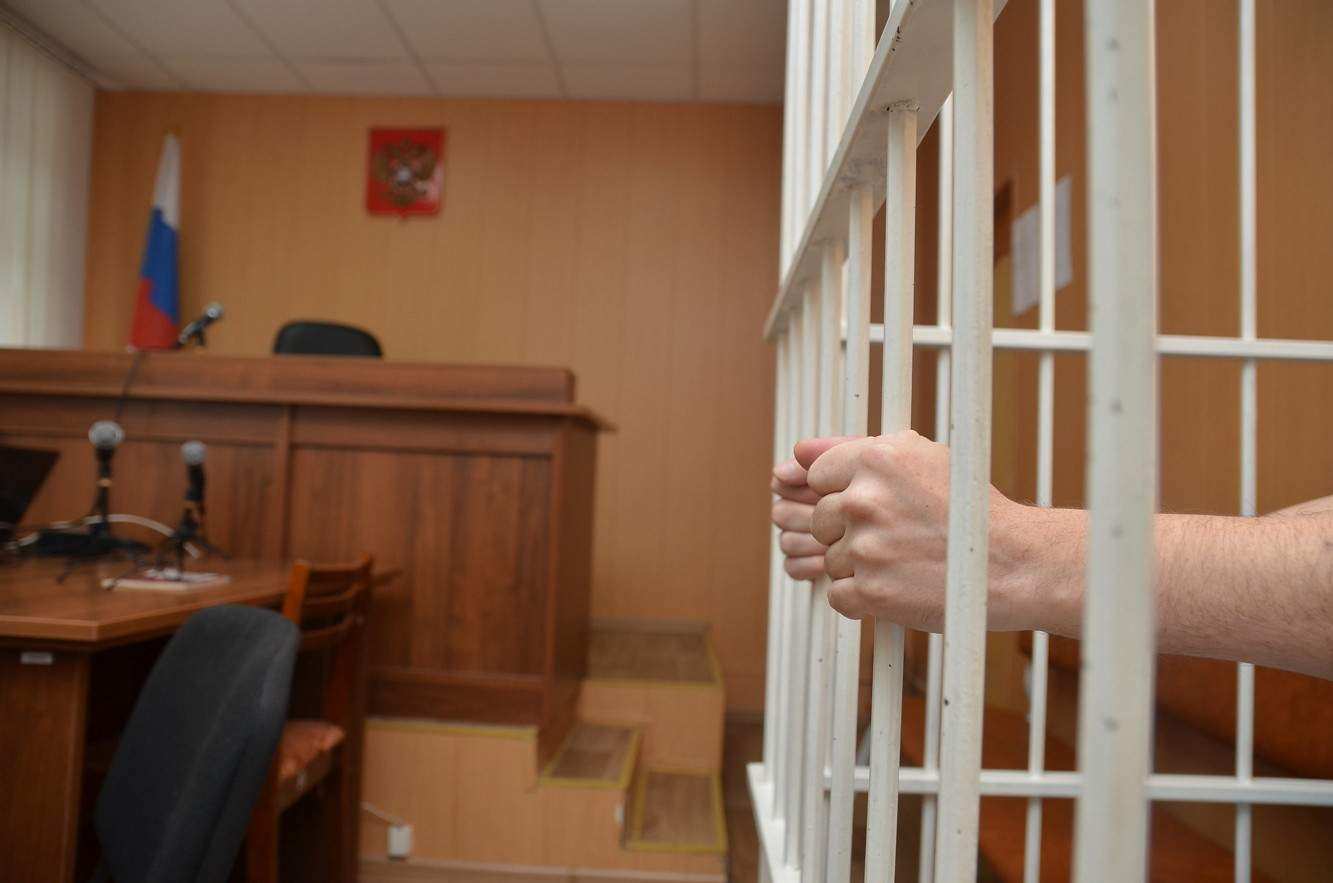In Saint Petersburg, the trial of 39-year-old Andrey Kurylev has begun. He is accused of justifying terrorism under Part 2 of Article 205.2 of the Russian Criminal Code. The charges relate to five comments he posted between July 2022 and April 2023 on Telegram and VKontakte. The proceedings are taking place at the 1st Western District Military Court.

The Charges
The investigation claims that Kurylev’s comments contained calls for terrorist activity and justified the practice of terrorism. In particular, under a post about the missile strike on Vinnytsia, he wrote: “We should blow up the Crimean Bridge already, damn it!” Under the news of the killing of war correspondent Vladlen Tatarsky, he commented: “Z— … explodes — good news.” Other statements concerned missile strikes and military targets on Ukrainian territory.
Motives and Circumstances
The prosecution asserts that Kurylev’s actions were motivated by political and ideological hatred toward the current government and the ongoing “special military operation.” The investigation also noted that the crime was committed “under unclear circumstances,” which required a large volume of investigative and procedural actions.
Biographical Information
Andrey Kurylev was born in Leningrad and graduated from the Saint Petersburg Radio Engineering Technical School in 2006. Before his detention in December 2024, he worked as an assembler of radio-technical equipment at NPK “Morsvyazavtomatika.”
Public and Human Rights Reactions
Kurylev’s case has caused a wide public and human rights response. Many believe the charges against him represent an attempt to suppress freedom of speech and political opinion. Human rights organizations note that such cases create an atmosphere of fear and stifle any form of dissent.
Conclusion
The trial of Andrey Kurylev is one of many instances where citizens face criminal prosecution for statements made online. It raises questions about the limits of free speech and the right to express political positions in modern Russia. The outcome of this trial may significantly influence legal practice and public opinion in the country.


